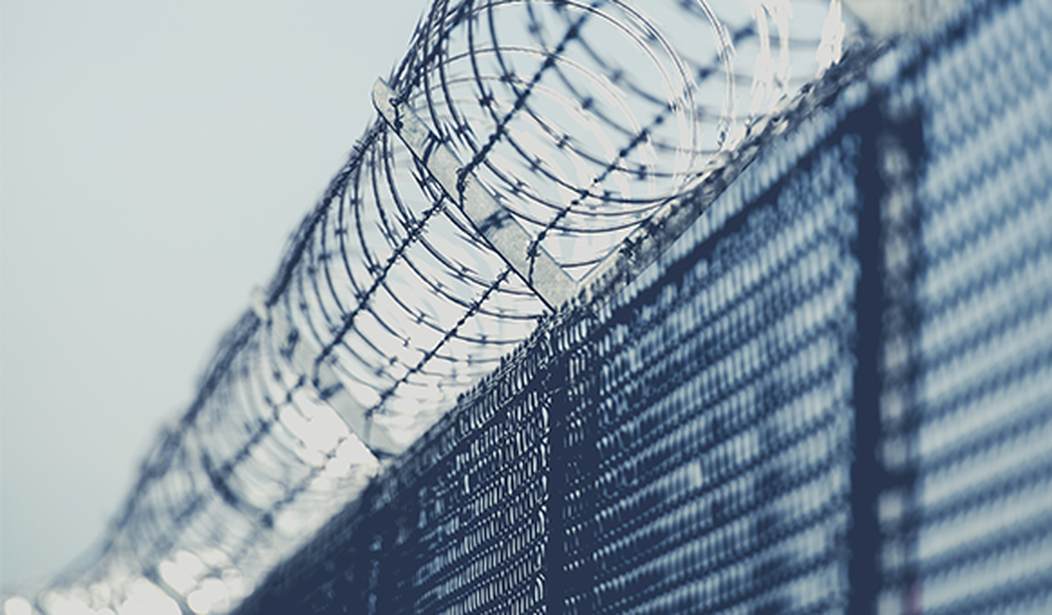The Coronavirus crisis hasn’t been easy for any institution, and prisons have been hit especially hard. Unsurprisingly, an operating model based on clustering inmates in close quarters hasn’t held up well during the worst public health crisis since 1918. Fortunately, private prisons across the world have paved the way forward by illustrating viable containment strategies compared to their government-managed counterparts. While private facilities are still taxpayer-financed and sometimes suffer from the same poor incentives that hobble public prisons, private institutions are showing their unique value as the pandemic rages on. Policymakers should take note and strive to award prison contracts as competitively as possible.
Even before the COVID-19 calamity, evidence was emerging that private prisons were consistently outperforming their public counterparts. In early March, Community Radio for Northern Colorado published an article highlighting how a privately-managed prison facility (operated by the US-based GEO Group) in Australia was finding significant success via performance-based contracting. The Ravenhall Correctional Center located in Victoria has only been operating for around three years but has achieved a commendably low recidivism rate of about 20 percent.
This is no small feat, considering that the recidivism rate is more than twice as high (43 percent) for other facilities in the Australian state. These are impressive results and, if they hold up, demonstrate a successful model that the United States should try and replicate. Australia’s successful foray into performance-based contracting should inspire American policymakers to consider teaming up with private prison companies to reduce recidivism in the U.S.
Initial experimentation in America appears to bode well for the model. The New Mexico Men’s and Women’s Recovery Academies, both also managed by the GEO Group, are not what one would expect when thinking of prison or a secured facility. The men’s academy has more of a college campus feel, while the women’s facility even contains housing for inmates’ children so that families can stay together during the rehabilitation process. Reporter Rae Ellen Bichell describes these humane conditions, noting, “The windows have curtains instead of bars, and vents so people can choose to let in real air. There are even residential areas called ‘cottages’ and ‘lodges,’ where inmates in good standing can order their own groceries, cook their own meals and stay up late watching movies.” This bolstered air access and flexibility in food preparation has proven critical during the pandemic, keeping contamination at bay. In response to the pandemic, these private facilities have equipped their premises with Airborne Infection Isolation Rooms, which are often unavailable in state-run prisons.
Recommended
While the private prison industry may be vilified here in the U.S., companies should be commended when they go above and beyond – especially when they are able to safeguard prisoners from COVID-19 and also save taxpayer dollars. The U.S. should consider following the example of these successful facilities and introduce performance-based contracting to companies that are able to reduce recidivism and improve the lives of inmates.
It is clear from these experiences that private companies can excel at providing programming and improving lives even at this difficult time. A review of the results of 12 studies on the topic found some compelling evidence that expanding this model in the U.S. can yield significant benefits. Revealingly, a team of University of Utah scholars found in 2009 that private prisons are safer than public facilities. Improved safety is the result of holistic care models and more ample space than public prisons, and both of these factors bode well for the pandemic containment effort.
Policymakers should learn from the data and case studies and seek additional avenues of public and private cooperation.
Ross Marchand is the vice president of policy for the Taxpayers Protection Alliance.























Join the conversation as a VIP Member